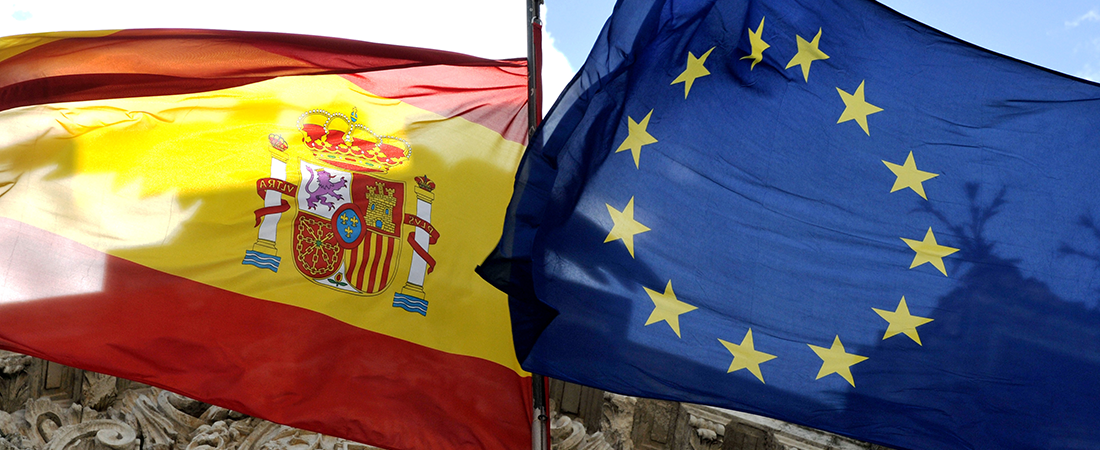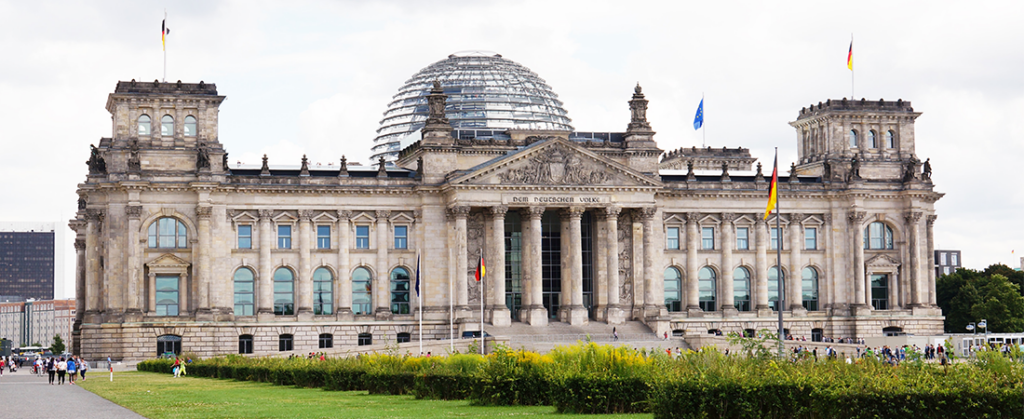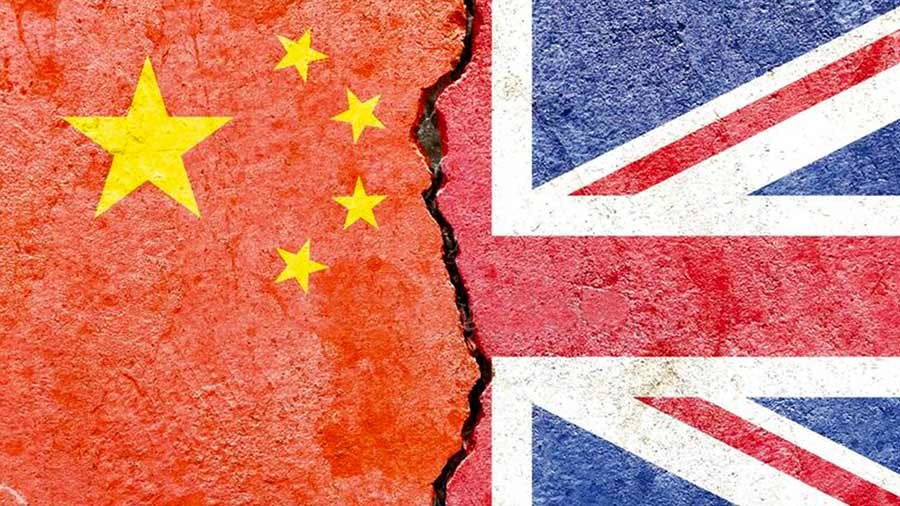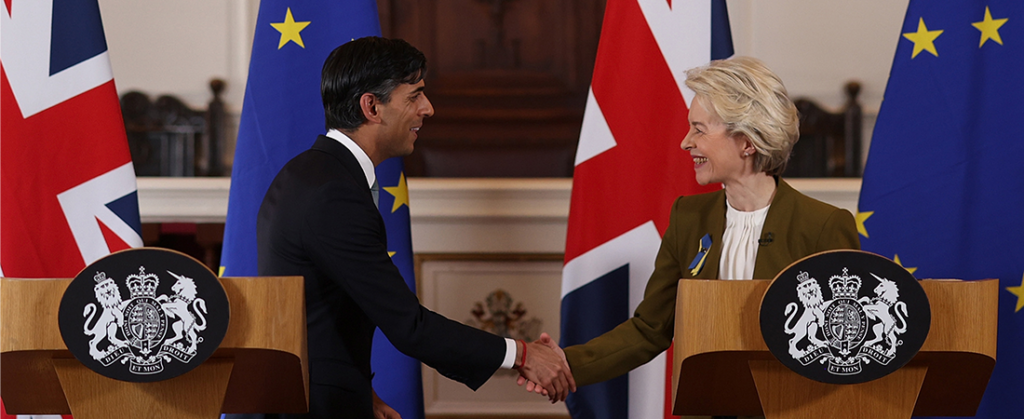Next month, Spain will officially take over the Presidency of the Council of the European Union until the end of the year. Presidencies come and go, but Spain’s ascendancy comes at a crucial time for both Spanish and European politics.
With domestic political challenges preceding Spain’s general election alongside the ticking clock of the European Elections, and the subsequent reshuffle of the EU Institutions, will Madrid be able to deliver on its European priorities?
Setting out grand ambitions
Under the motto “Europe, closer”, Spain assumes the Presidency seeking to unite Europe amidst a period of great challenges. The Spanish Presidency established four priorities for its semester: promoting the reindustrialisation of Europe, furthering open strategic autonomy, moving towards the green transition and environmental adaptation, consolidating the social pillar and strengthening European unity.
Confident that these priorities are in line with the main concerns and demands of European citizens, the Spaniards are setting the bar high by laying out an ambitious work program for the semester ahead. Ranging from fostering strategic industries and technologies in Europe to improving several common instruments for strengthening Europe’s unity, the country will have its hands full.
The unfolding of these priorities will significantly influence the Council’s last semester ahead of next year’s European Election season. Plans such as the development of a comprehensive strategy to ensure economic security and global leadership of the EU by 2030, or a long-promised reform of the electricity market aimed at accelerating the deployment of renewable energies, demonstrate the scale of the commitments promised by Madrid.
A packed in-tray of legislative files
The last “fully-fledged” Presidency of the current EU institutional cycle, Spain will be under pressure to assume its role as “neutral broker” between Member States and close negotiations on a large number of priority files by December.
One of their most pressing tasks is to finalise negotiations on the Artificial Intelligence Act. Meant to address one of the most complex and decisive issues for the future, the Act has already given rise to heated debates on transparency. Spain will need to resolve strong divergences between the European Parliament and Member States, such as whether to permit the use of real-time biometric identification – a use MEPs have called to ban but which Member States maintain is essential for effective law enforcement. On the topic of timely and contentious legislation, the revision of the Pharmaceutical Package will require substantial discussions and a pinch of luck from the Spanish delegates tasked with finding a compromise position amongst the highly diverse and fragmented regulatory and reimbursement systems between Member States.
Finally, after much anticipation on the reform of the EU’s electricity market, Spain will have to double down to see this legislative file receive green light by the end of 2023 – notably on the issue of coal power subsidies and the grandfathering of today’s nuclear power plants – to help avoid a repeat of last year’s energy crisis.
A domestic and European political juggling act
As if holding the Presidency wasn’t enough, a landslide victory of the right-wing Partido Popular (PP/EPP) and far-right Vox (ECR) during the Spanish regional and municipal elections in May triggered the current government, led by the Socialists (PSOE/S&D), to call for a snap general election. With Spaniards heading to the polls on July 23rd, the timing is not ideal as it coincides with the beginning of Spain’s EU Presidency.
While there is a track record of Council Presidencies performing well despite changes in national governments, the truth is that having a national election at the beginning of one can be a recipe for logistical and political chaos, delaying an ambitious programme for the pivotal next six months.
For the moment, Spain retains that its Presidency will carry on as planned and shouldn’t be heavily impacted by the election. Why? Because the preparatory work of a Presidency typically starts over a year before its formal launch, primarily done at bureaucratic and technical levels by civil servants.
Nonetheless, if a shift to the right takes places after the election, Spain may end up shaping the Council agenda in a more conservative manner. This could impact key legislative files where conservative views contrast with those of the current socialist government – such as, for example, those falling under the European Green Deal.
With much at stake, the performance of the Spanish Presidency will undoubtedly have a ripple effect for years to come. One thing is certain: Spain must grab its Presidency by the horns if it is to maintain momentum and achieve meaningful results. It remains to be seen whether the Spaniards will be able to do this amidst their very own political turbulence.






